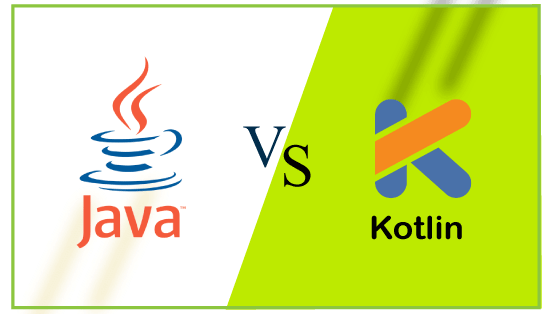

It is a cross-platform, statically typed, general-purpose programming language with type inference.On, Kotlin became the preferred language for Android development. In 2017, Google announced its first-class support on Android. First launched in 2011 as an internal project by JetBrains, and published as open-source a year later.GitHub’s PYPL index also confirms that it is steadily working its way to the top of popularity charts.Īccording to the official site, “Kotlin is a modern statically typed programming language that will boost your productivity and increase your developer happiness.” Indeed, the language was created by developers for developers as a response to Java’s deficiencies in the context of Android development. What’s more, according to Snyk, this year, Kotlin has become the second most popular language on the JVM, overtaking Scala and Clojure. Additionally, over 12% of all developers who don’t use Kotlin at the moment want to learn it.

Nearly two-thirds of all programmers who have worked with it before are willing to continue to use the technology. In StackOverflow’s 2020 Developer Survey, Kotlin ranks as the fourth most admired programming language. Google’s steadfast support for Kotlin inspired a sharp rise in the language’s popularity over the last two-three years. Kotlin Is Becoming a Dominant Mobile Development Technology If you are one of them, our guide will hopefully help you make up your mind faster and step into Kotlin development with confidence. Then, following the language’s dynamic expansion, in 2019, the Mountain View giant went all the way to announce that Android development is heading the Kotlin-first path.Īs a result of Kotlin’s transition from a seasonal hype into a broadly-adopted industry standard, more and more developers are carefully weighing their options, considering a shift from Java. First, in 2017, Google dubbed Kotlin ‘the official Android language’ side by side Java. As the native language for Google’s mobile OS, Java was holding a strong position on the mobile development ground, and very few people saw it being replaced by another technology any time soon. If this blog post were published a few years ago, most Android devs wouldn’t probably even bother to skim through. Have you been toying with the idea of switching to Kotlin but haven’t made up your mind yet? After reading this post, you may come to a decision faster.


 0 kommentar(er)
0 kommentar(er)
